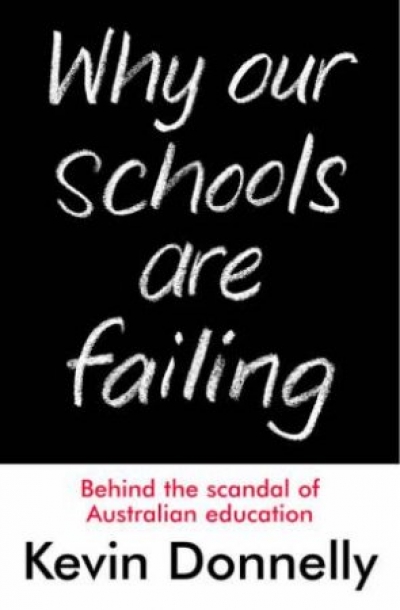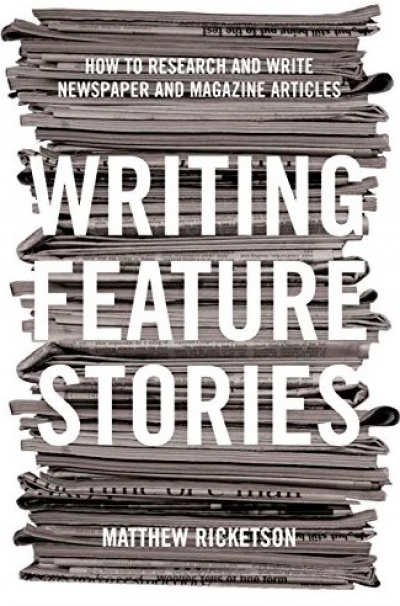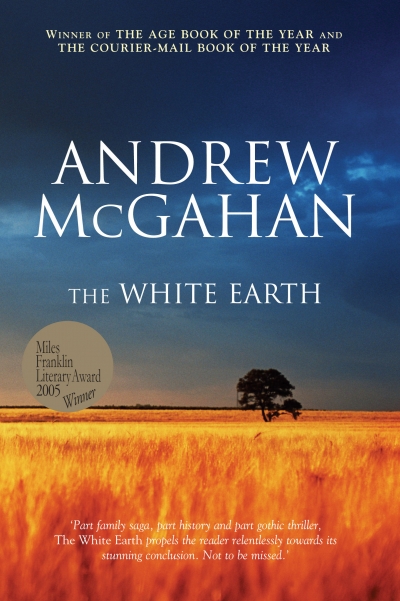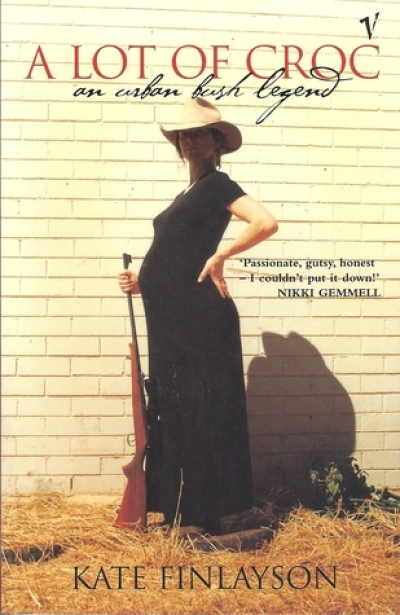Archive
Vaclav Havel and Nobel Laureates Call for the Release of Imprisoned Burmese Writers
by Hidden Author •
Fourteen Nobel Literature Laureates – along with Vaclav Havel, former President of the Czech Republic and renowned playwright, and Jiri Grusa, acclaimed Czech writer and President of International PEN – have urged Senior General Than Shwe of the Burmese Military Junta to release Nobel Peace Laureate Daw Aung San Suu Kyi and other imprisoned Burmese writers. These include 74-year-old editor U Win Tin, who is serving twenty years’ hard labour, and poet and journalist U Aung Myint, who was condemned to twenty-one years’ imprisonment. In a letter delivered to Burmese embassies in Bangkok, Berlin, London, New Delhi, Tokyo, Washington DC and other cities on April 13, Havel and the Laureates wrote:
... (read more)Writing Feature Stories: How to research and write newspaper and magazine articles by Matthew Ricketson
by Joel Becker •
Sybil’s Cave by Catherine Padmore & The Submerged Cathedral by Charlotte Wood
by Anna Goldsworthy •









